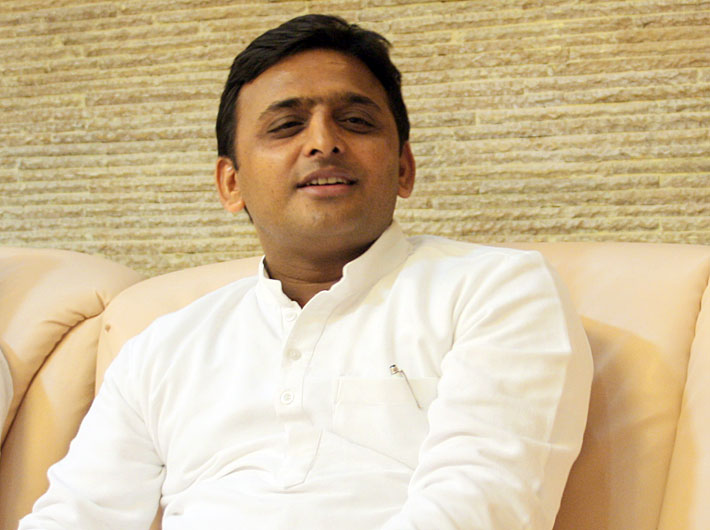By polarising the communities, Mulayam and Akhilesh are helping the BJP cause

Ajay Singh | August 12, 2014

Adding the inexpensive chemotherapy drug Carboplatin to standard treatment significantly improves survival in patients with triple-negative breast cancer (TNBC), a clinical trial at the Tata Memorial Centre (TMC) in Mumbai has found. TNBC is an aggressive form of breast cancer and lacks
A quiet transformation began in Patna in 1973 when a young journalist, Dr. R.K. Sinha, inspired by the heartfelt appeal of social reformer Jayaprakash Narayan to support ex-servicemen, made a bold decision to leave his Rs 250-a-month job that led to the creation of Security and Intelligence Services (SIS).
The environment is important for everything in our lives, whether at home, in school, or any other place of work and engagement. After all, given the concerns the planet is witnessing, finding solutions is becoming tougher. In India right now, as in any other part of the world, even though there is enough
India has achieved a significant milestone in global environmental conservation, moving up to the 9th position in terms of total forest area globally, as per the Global Forest Resources Assessment (GFRA) 2025, released by the Food and Agriculture Organization (FAO) in Bali. Union Minis
India’s cricket journey is more than a record of sporting triumphs; it is a live case study in strategy, incentives, and equilibrium: the very foundations of Game Theory. As India prepares for its eight-match white-ball series against Australia, the world’s most-watched rivalry will again unfol
Southwest Monsoon 2025 recently concluded with ‘above-normal’ rainfall to the tune of 108% of the long-period average (LPA). This is second consecutive year in the last decade to record above normal rains. Climate change has a critical role in driving the rainfall on the higher side, according

